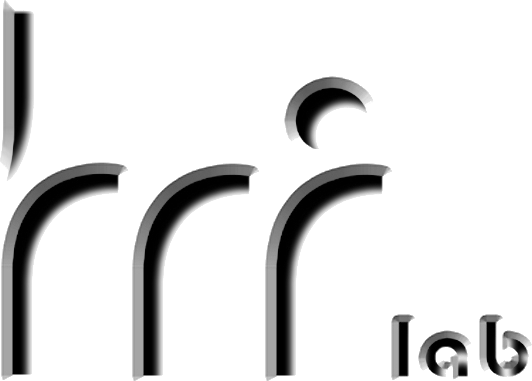Beliefs play an important role in human-robot teaming scenarios, where the robots must reason about other agents' intentions and beliefs in order to inform their own plan generation process, and to successfully coordinate plans with the other agents. In this paper, we cast the evolving and complex structure of beliefs, and inference over them, as a planning and plan recognition problem. We use agent beliefs and intentions modeled in terms of predicates in order to create an automated planning problem instance, which is then used along with a known and complete domain model in order to predict the plan of the agent whose beliefs are being modeled. Information extracted from this predicted plan is used to inform the planning process of the modeling agent, to enable coordination. We also look at an extension of this problem to a plan recognition problem. We conclude by presenting an evaluation of our technique through a case study implemented on a real robot.
@incollection{iros14mm,
title={Coordination in Human-Robot Teams Using Mental Modeling and Plan Recognition},
author={Kartik Talamadupula and Gordon Briggs and Tathagata Chakraborti and
Matthias Scheutz and Subbarao Kambhampati},
year={2014},
booktitle={Proceedings of IROS},
url={https://hrilab.tufts.edu/publications/iros14mm.pdf}
doi={10.1109/IROS.2014.6942970}
}
